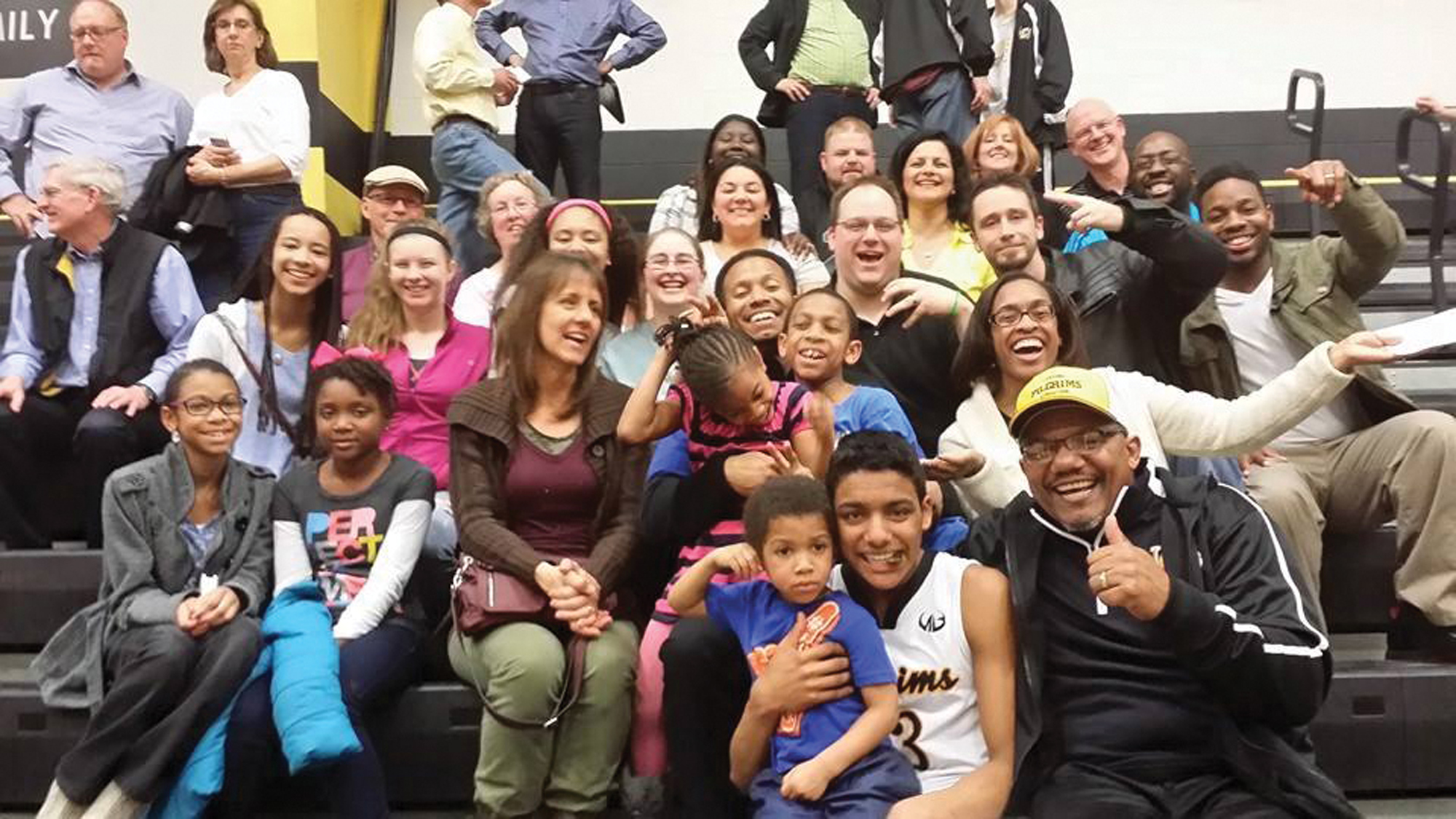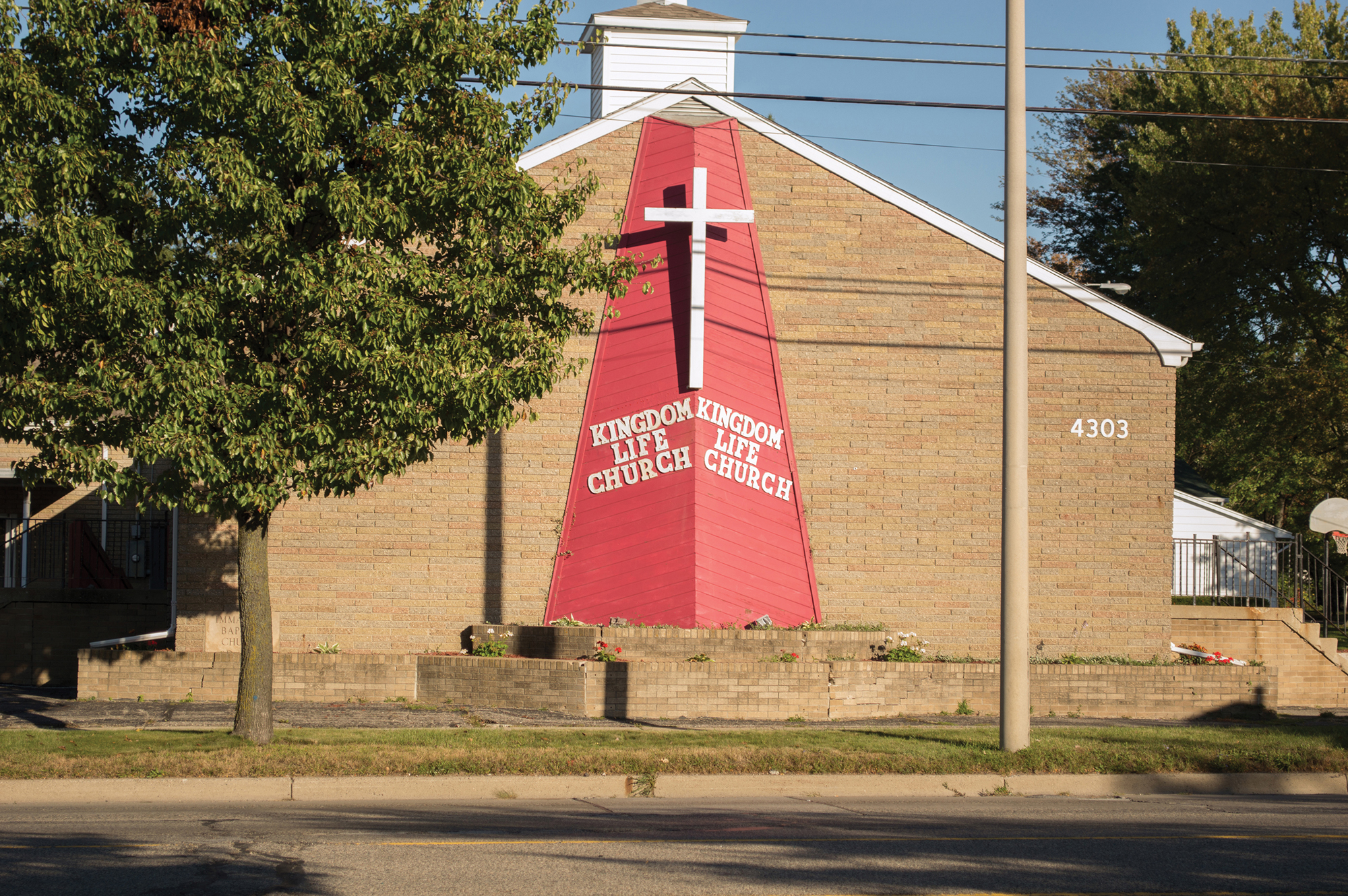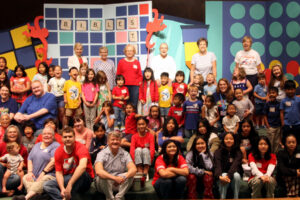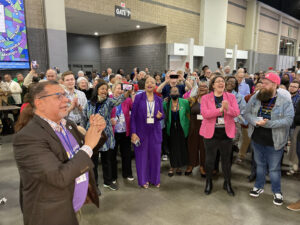
NASHVILLE (BP) — The American way of life has progressed in many ways over the years: from horseback to automobile; from outhouse to indoor plumbing; and from slavery to the election of a black president.
While unity between blacks and whites has proven to be successful at work, in schools, in restaurants, and at drinking fountains, in most cases the local church has failed to demonstrate that kind of unity.
Kingdom Life Church in Lansing, Mich., gathers blacks and whites into one united congregation and exemplifies not only what can be done in race relations but also how it can be done.
“We are attempting to practice here on earth what we will do for eternity in heaven, worshipping our God together,” said church planting pastor Coye Bouyer.
Kingdom Life Church’s story began in 2008, when Bouyer, 28, and his wife Keturah started a new church in their hometown of Lansing. The first person asked to join them was a childhood friend, Jason Baley, who happened to be white. Baley today is a pastoral intern at the church.
 Further assistance for their church plant came from Bob Carpenter, pastor for 30 years of Cedar Street Church in Holt, Mich., a Lansing suburb. The two men had met at a fitness center.
Further assistance for their church plant came from Bob Carpenter, pastor for 30 years of Cedar Street Church in Holt, Mich., a Lansing suburb. The two men had met at a fitness center.
“He was outgoing, personable, friendly, and kind to everyone; he was immediately likable,” said Carpenter, who in time suggested Bouyer let Cedar Street assist in their church plant.
When the Kingdom Life Bible study outgrew the music room of the elementary school they were meeting in, Carpenter arranged for the group — including some Cedar Street members — to meet in the fellowship hall of Immanuel Baptist Church in Lansing.
Immanuel Baptist watched as the Kingdom Life congregation swelled to more than 60 over the next 12 months. At about the same rate, the Immanuel congregation deflated to the point that the then-interim pastor, Chuck Turner, suggested a merger with the new church.
Immanuel, started in the early 1960s, was about 90 percent white. The members’ average age was 60; they had lived in the community for 50-plus years.
“A couple of people wanted us to become Immanuel,” Bouyer said. “But the majority of these older people said, ‘Let’s do this; let’s become Kingdom Life.'”
Immanuel members paid off the church debt, had a debt-burning service, and then officially joined Kingdom Life — including one remaining charter member.
“They gave us the building and parsonage, both paid off, took on our name, and me as their pastor,” Bouyer said. “To show just how serious they were they came to our new members’ class. They were excited the church was growing again.”
Immanuel members did have to get used to sermons that lasted closer to an hour, rather than the 20 minutes they were accustomed to, the pastor added with a grin.
In order to help with this transition, Bouyer encouraged Turner to remain as the assistant pastor, which he did for two years. “If a church wants to remain diverse, its leadership must be diverse,” Bouyer said.
Part of the reason blacks and whites usually aren’t part of the same church is because the two groups worship differently, based on their group’s experiences in America, the pastor said.
“The white church often expresses how great God is, because they have a sense of accomplishment and victory in this life,” Bouyer explained. “In the black church, our experience is about how good God is because He has brought us through very difficult and challenging times.
“While the black experience in America may not have been as prosperous or as safe as the white experience, both experiences are true, and there is something we can learn about God from the others’ experience,” the pastor said. “This will not only help to benefit our individual relationships with the Lord, but it also helps to bring us into a better relationship with one another.”
About 140 people participate in Sunday morning worship at Kingdom Life: 50 to 60 who are black, 50 to 60 who are white, and 10 to 20 who are Hispanic. The members reach out locally with a variety of ministries, and globally through their giving through the Cooperative Program.
“We support the Cooperative Program because we want to, because with it we can reinvest what was invested in us, because it’s all about the Kingdom,” Bouyer said. “How do we branch out to all the places in our country and the world, since I can’t be in all those places, even with the Internet? … Giving to the Cooperative Program is a tangible way for us to invest in the Gospel so — praise God — I can focus on the sheep God has called me to undershepherd.”
His desire from day one was to pastor a truly multicultural church, the pastor said.
“The visual impact of seeing a church made up of both blacks and whites who are here for the same goal is awesome,” Bouyer said. “The experience of worshipping alongside a brother or sister who does not walk around earth in the same color suit as I, is amazing. It serves as a continual reminder of the Awesome God we serve and the Amazing Grace we all have received!”
















